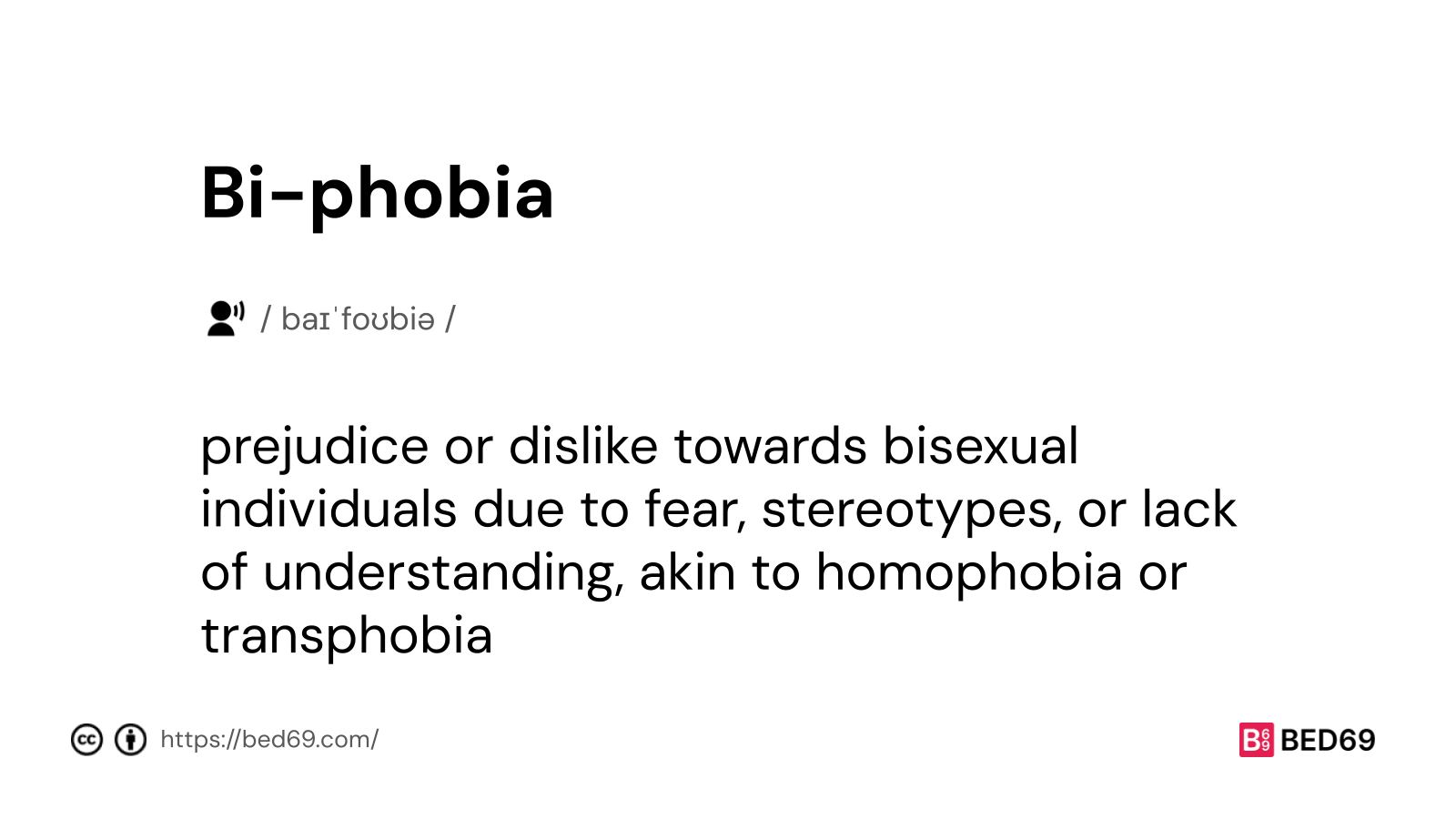What is Bi-phobia?
Bi-phobia is when someone dislikes or discriminates against people who are bisexual. This could be because of fear, stereotypes, or just not understanding. It’s like homophobia or transphobia but specifically targets bisexual individuals.
Bi-phobia pronunciation: / baɪˈfoʊbiə /

How does Bi-phobia impact mental health
Bi-phobia can deeply affect mental health by causing stress, anxiety, and feelings of isolation. Discrimination or prejudice against bisexual individuals can lead to low self-esteem and depression. Those facing bi-phobia might struggle with their identity and face challenges in forming supportive relationships. The fear of being judged or rejected can impact their overall well-being and confidence.
This negative environment can result in emotional distress and even physical health issues over time. Seeking support from understanding individuals and communities can be crucial in combating these harmful effects on mental health.
What are the common misconceptions about Bi-phobia
Common misconceptions about Bi-phobia include the belief that bisexuality is just a phase or that bisexual individuals are confused about their sexual orientation. Some may think that bisexual individuals are promiscuous or unfaithful due to their attraction to multiple genders.
Another misconception is that bisexuality reinforces a binary view of gender, ignoring the spectrum of gender identities. People may also wrongly assume that bisexual individuals have it easier because they can “choose” to be in straight relationships, dismissing the challenges they face within the LGBTQ+ community. These misconceptions contribute to the discrimination and erasure of bisexual identities, perpetuating harmful stereotypes and biases.
Explore other interesting terms:
